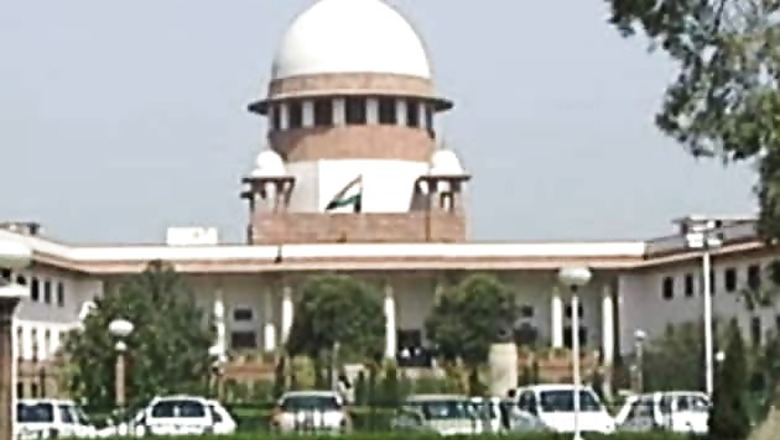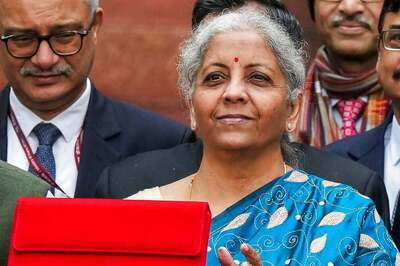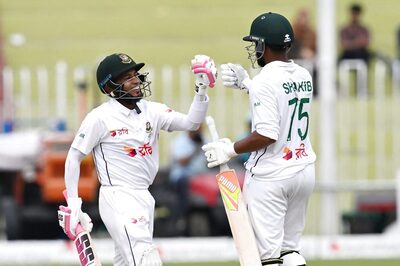
views
New Delhi: By invoking provisions of Article 142, the dissolution of marriage through mutual consent can be permitted before the cooling period of six months under the Hindu Marriage Act, the Supreme Court has said.
"We are of the opinion that in appropriate cases invocation of such power would not be unjustified and may even prove to be necessary," said the apex court bench of Justice Altamas Kabir and Justice J Chelameswar in a recent judgment.
Article 142 of the constitution provides that "the Supreme Court, in the exercise of its jurisdiction, may pass such decree or make such order as is necessary for doing complete justice in any cause or matter pending before it".
However, the apex court added that it was not inclined to accept the proposition that in every case of dissolution of marriage under Section 13-B of the Hindu Marriage Act, 1955, the court has to exercise its powers under Article 142.
Section 13-B of the Hindu Marriage Act, 1955, provides for the couple seeking divorce through mutual consent to wait for a period of six months after making first joint application for divorce.
It's only after the expiry of the six months that the couple can move second application for the dissolution of their marriage.
Pronouncing the judgment, Justice Altamas Kabir said: "It is no doubt true that the legislature had in its wisdom stipulated a cooling period of six months from the date of filing of a petition for mutual divorce till such divorce is actually granted, with the intention that it would save the institution of marriage."
"But there may be occasions when in order to do complete justice to the parties it becomes necessary for this court to invoke its powers under Article 142 in an irreconcilable situation (between the couple)," Justice Kabir added.
In dealing with cases that demanded different approach, the court said that it had in the past "invoked its powers under Article 142 of the constitution in order to do complete justice to the parties".
The court said this while allowing a petition by one Devinder Singh Narula after a Delhi-based trial court, while hearing a joint petition for divorce through mutual consent, asked him to wait for six months before moving the second petition for the dissolution of his marriage.
The petitioner Devinder Singh Narula married Meenakshi Nangia March 26, 2011, and within three months of the marriage he moved a petition seeking divorce.
Allowing the plea for mutual divorce and directing the dissolution of the marriage, the court said: "It is only the provisions of Section 13-B(2) of the aforesaid act (Hindu Marriage Act) which is keeping the formal ties of marriage between the parties subsisting in name only."
"The marriage is subsisting by a tenuous thread on account of the statutory cooling off period, out of which four months have already expired," it added.
"When it has not been possible for the parties to live together and to discharge their marital obligations towards each other for more than one year, we see no reason to continue the agony of the parties for another two months," the apex court bench noted.


















Comments
0 comment